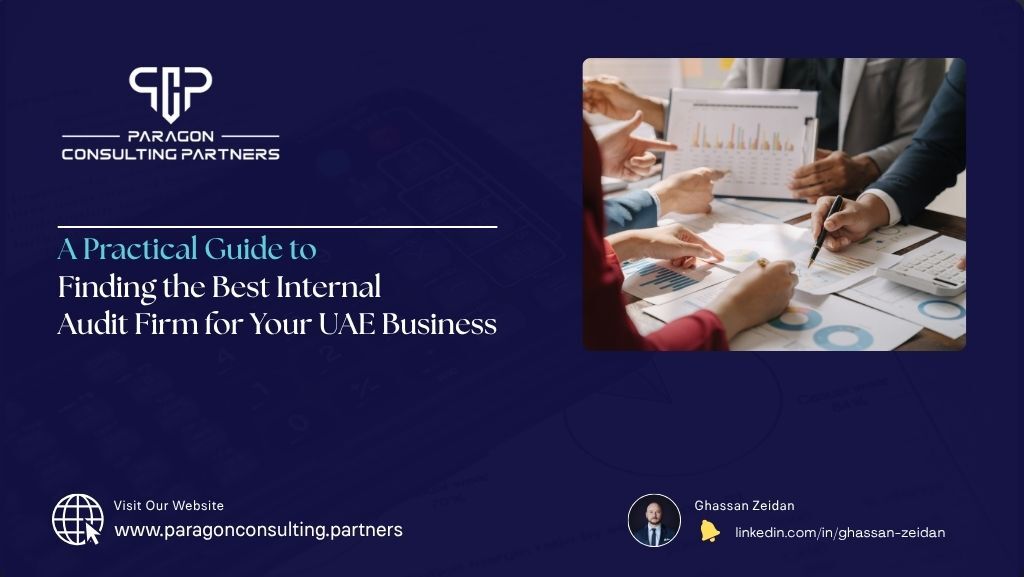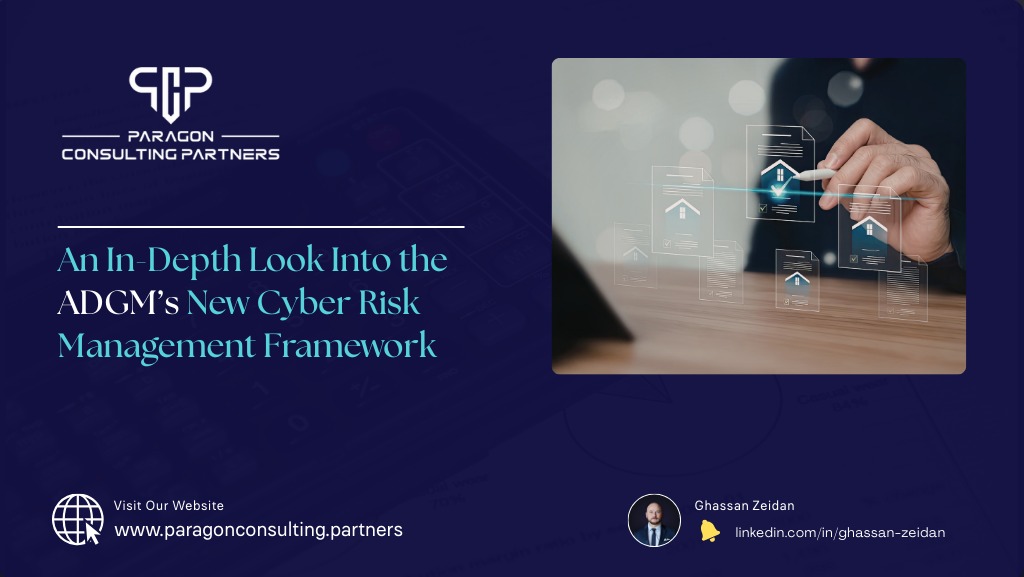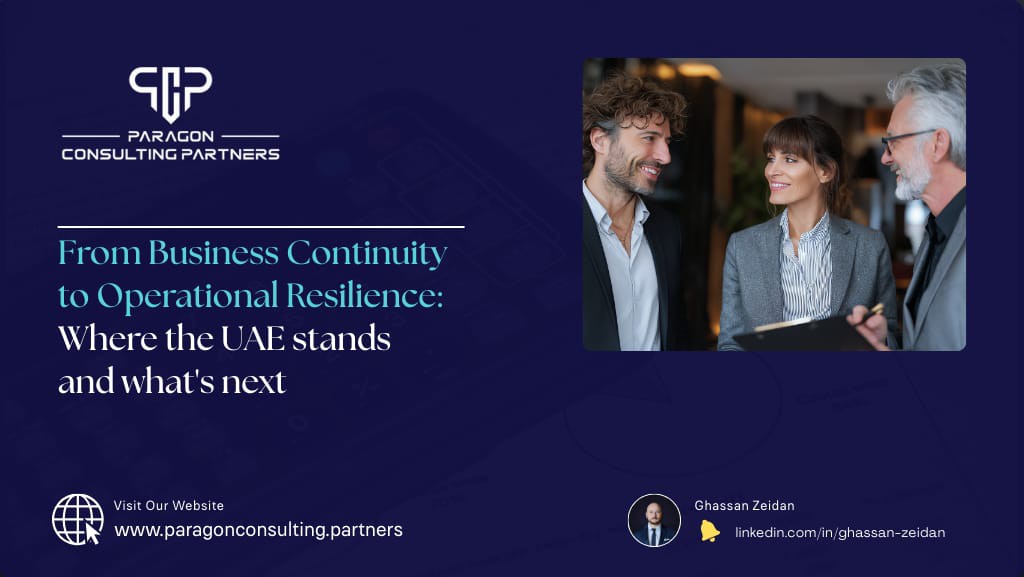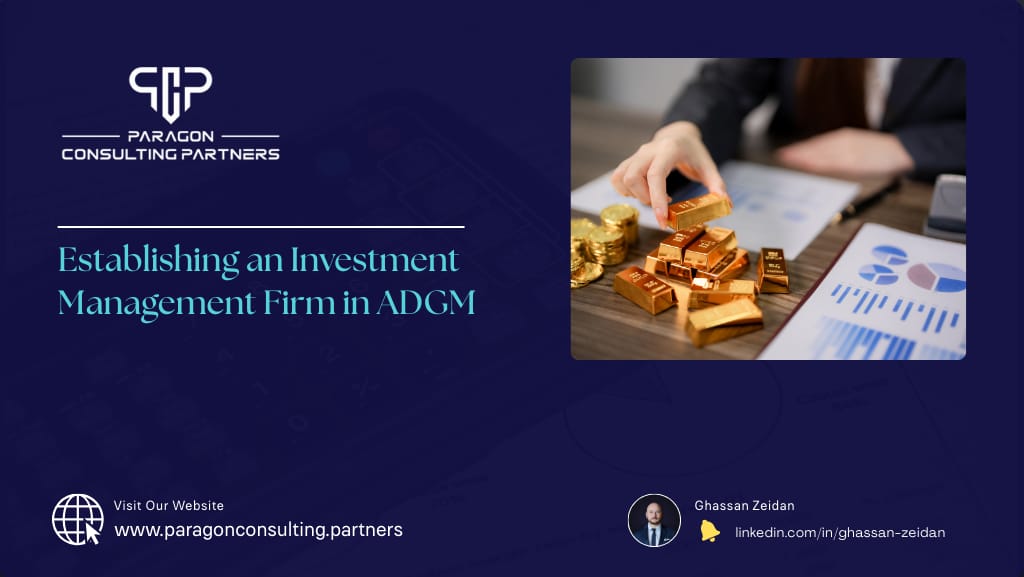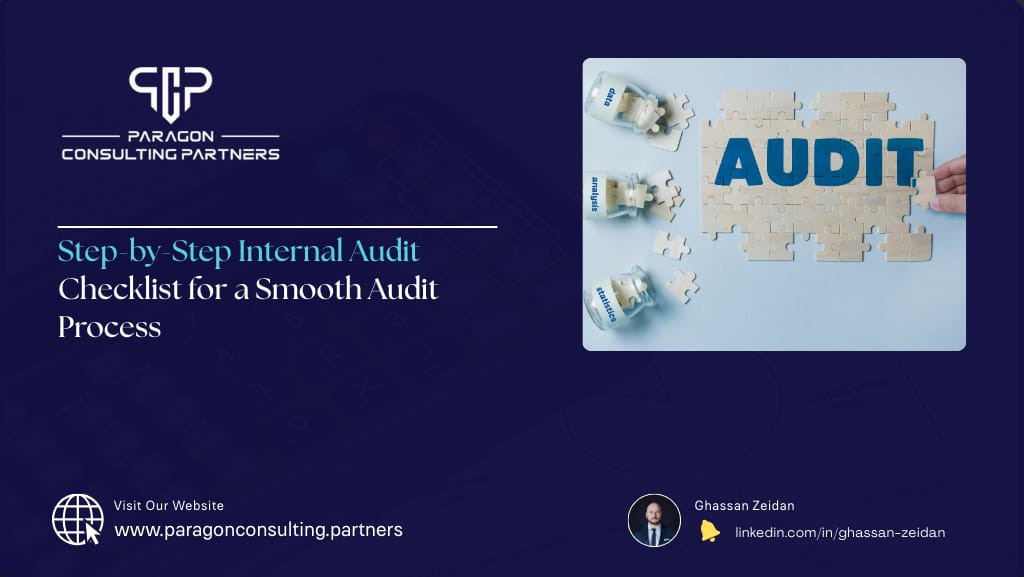A Practical Guide to Finding the Best Internal Audit Firm for Your UAE Business
According to Protiviti’s Pulse of Internal Audit Survey Report UAE—2024, 92% of internal-audit teams in the UAE report that their function adds value through assurance and advisory work.
This figure shows how the internal audit function has moved beyond compliance reviews and become an essential part of business decision-making. Many UAE companies now treat internal audit as a tool for operational insight rather than a regulatory formality. It has, undoubtedly, evolved into a requisite function that directly supports governance quality and business sustainability.
If you run a business in the UAE, you already know how complex regulatory requirements can become without the right guidance. With rules evolving across sectors, you need an internal audit partner who understands both local frameworks and global standards.
The right internal audit service provider reviews how well your company’s systems, controls, and risk management processes actually work. Far from limiting their work to audit checklists, they look at how your business identifies and addresses weaknesses before they lead to financial or reputational loss. Their role is to give management, the board, and investors an objective view of the company’s internal environment.
If you pick the wrong firm, however, you may receive audit reports that consist of only half-hearted to-dos, omit tests of critical controls such as segregation of duties and access rights, overlook irregular or fraudulent transactions, and leave management unaware of contractual breaches or violations of UAE regulations.
The following article explains how UAE-based businesses like yours can assess potential providers and choose one that aligns with their goals, structure, and regulatory requirements.
Let’s get started!
The Role of Internal Audit Service Providers in the UAE
In the UAE, this role is indispensable because of the country’s expanding regulatory framework and its push for better corporate governance. Regulators such as the UAE Central Bank, the Securities and Commodities Authority (SCA), and the Ministry of Economy now expect more evidence-based internal control systems. Free zones such as the Dubai International Financial Centre (DIFC) and the Abu Dhabi Global Market (ADGM) have also introduced strict audit standards that apply to financial institutions and professional service firms.
Within these free zones, the Dubai Financial Services Authority (DFSA) and the Financial Services Regulatory Authority (FSRA) have established detailed internal audit and risk management standards for licensed entities. Their frameworks require clear governance structures, transparent reporting, and strong protection of client assets. These standards aim to build discipline into daily operations and promote timely correction of any control weaknesses.
A capable internal audit provider helps your business stay aligned with these expectations by reviewing how policies work in practice. The firm assesses transaction accuracy, record keeping, information security, and adherence to tax, labor, and data laws. More often than not, these external providers bring broader experience than in-house teams because they have worked with clients across real estate, healthcare, logistics, and manufacturing.
For small and mid-sized businesses, outsourcing internal audit functions offers access to specialized skills with zero additional cost of maintaining a full internal audit department. It also allows the management to stay close to daily operations while an independent team reviews systems, tests controls, and prepares their business for regulatory inspections.
Key Considerations When Choosing an Internal Audit Service Provider in the UAE
Selecting an internal audit partner in the UAE involves more than comparing service lists or fee proposals. Below are the main factors that deserve your attention before you make a final decision.
1. Local Regulatory Knowledge and Industry Expertise
Businesses in the UAE operate under a mix of federal laws, free zone frameworks, and sector-specific regulations. A provider with real experience in your industry can navigate these layers with accuracy and context.
For example, financial institutions must meet the UAE Central Bank audit requirements, whereas entities in DIFC and ADGM follow DFSA and FSRA standards. On top of that, industries like manufacturers, healthcare providers, and logistics companies each have their own risk considerations.
A firm that already serves clients in your sector will understand these details and design an audit plan that fits your operations instead of applying a one-size-fits-all methodology.
2. Professional Credentials and Accreditations
Credentials say a lot about an auditor’s competence and commitment to doing things the right way.
Look for professionals with designations such as IACert, CIA, CISA, CPA, or ACCA, and for firms that follow the standards set by the Institute of Internal Auditors (IIA).
Their registration with UAE regulatory bodies or recognition by free zone authorities also shows credibility and accountability. These qualifications indicate that the provider values accuracy in reporting, fairness in evaluation, and integrity in how audit results are handled.
3. Service Breadth and Customization
A good internal audit service provider delivers more than one type of audit. Risk-based audits, control assessments, compliance reviews, and operational audits each address different business needs. Make sure the one you choose can manage most, if not all.
As a general rule, a capable firm will examine your organization’s structure, identify where controls may fail, and design an audit plan that targets the most relevant areas. Avoid providers that follow rigid, outdated templates that do not account for your unique business context.
4. Financial Services Sector Expertise
The financial services sector runs on complex systems, strict regulations, and fast-changing technology. Firms in asset management, fund management, wealth management, and fintech need auditors who understand how these operations work and what risks they face.
A partner with real sector experience knows how to review controls that protect client assets, verify transactions, and maintain compliance with regional and international standards.
Moreover, in this field, even small gaps in risk management or reporting can lead to major regulatory or reputational issues. An audit firm familiar with financial services can evaluate how processes like client onboarding, investment valuation, and data management are structured. They can also assess how technology-driven changes affect internal controls and overall governance.
5. Communication and Reporting Standards
Strong communication matters just as much as technical skill. Your audit partner should present findings in straightforward language and outline practical steps for improvement.
They should also provide regular updates throughout the audit so you can resolve issues before they develop into larger problems. When audit results are transparent and easy to interpret, your management team can make informed decisions and take timely action.
6. Independence and Ethical Standards
Independence gives credibility to the entire audit process. Choose a provider that has no consulting or operational ties to your business, especially within the same department it audits.
Ask about the firm’s internal safeguards for objectivity and how it handles potential conflicts of interest. A transparent fee structure and well-defined scope of work also indicate ethical practice.
7. Value, Scalability, and Local Presence
Price matters, but value carries more weight. A low-cost provider that misses key control issues can cost far more in the long run. Evaluate how well the firm’s services fit your size and future plans.
Also, bear in mind that a provider based in the UAE has a clear advantage compared to an offshore firm. Their teams can respond quickly, visit your premises when needed, and stay connected with regulatory developments in real time. They understand the nuances of UAE business practices and maintain working relationships with local regulators that facilitate smoother compliance reviews.
Let’s Turn Your Audit Process into Real Value
Paragon Consulting Partners is a regional audit and advisory firm known for its practical, evidence-driven approach. We assist both public and private entities in identifying control weaknesses, ensuring compliance with local and international regulations, and improving governance structures.
Our audit teams combine financial, operational, and assurance expertise to deliver insights that go beyond annual reporting requirements. Our objective is not only to verify information accuracy but also to help organizations use audit outcomes to refine internal policies and reduce operational inefficiencies.
We don’t say this lightly, but adapting our methodology to each client’s risk environment is what we do best. Be it mapping process-level controls, testing risk assurance procedures, or assessing enterprise-level risk frameworks, we design each engagement to deliver improvement outcomes that are both concrete and measurable.
We also emphasize the importance of transparent communication throughout the audit process. Our clients receive detailed feedback at every stage, so that their management can address identified issues before they escalate into regulatory or reputational risks.
Get in touch with Paragon Consulting Partners today to discuss how our audit and advisory teams can help strengthen your organization’s governance and operational integrity.
